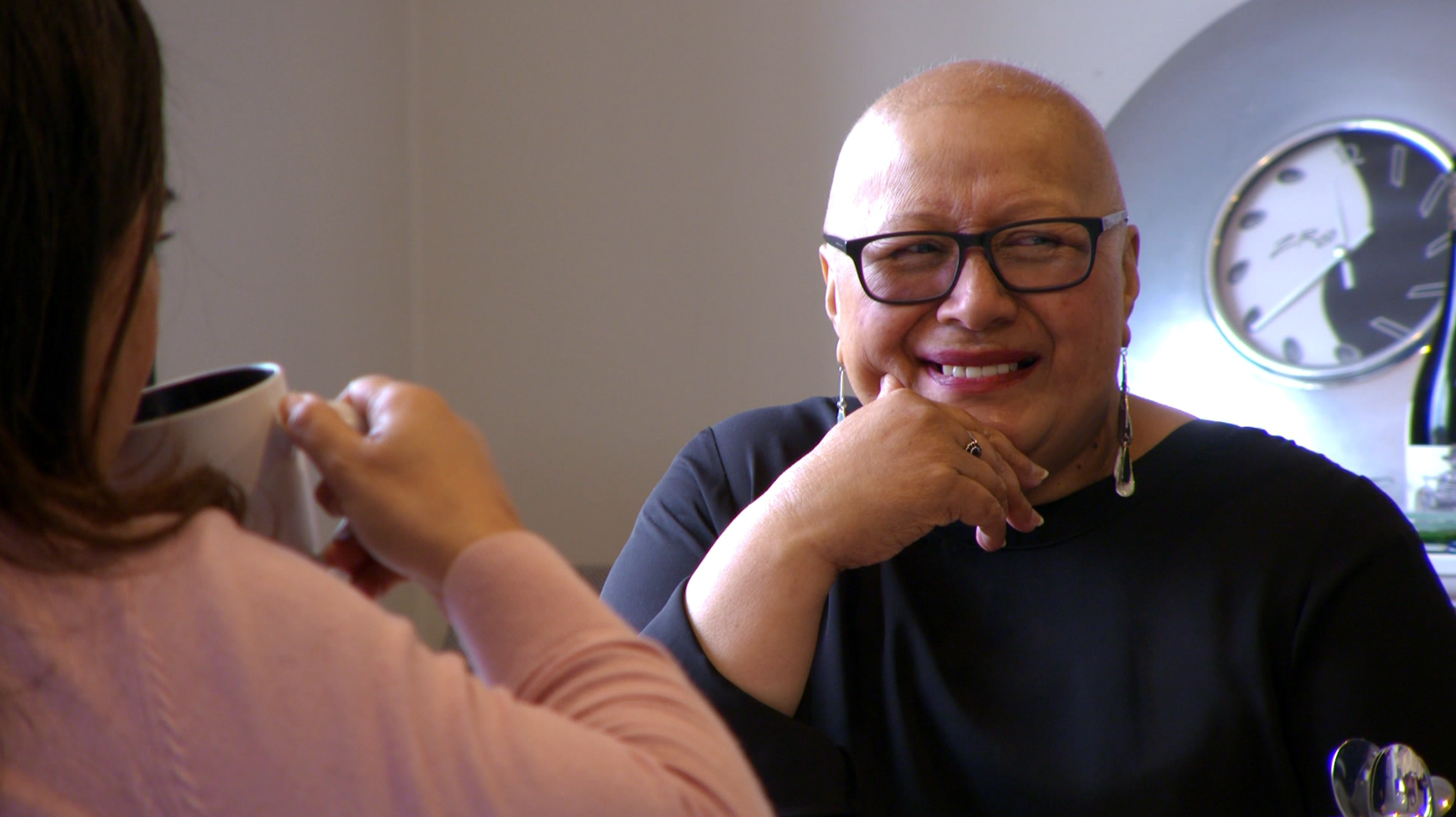A group of Pasifika anaesthetic doctors (PAiA) is highlighting that part of the solution to growing surgical waiting lists is to raise recruitment of local anaesthetic technicians.
PAiA – Pasifika Anaesthetists in Aotearoa is a new organisation that represents the interests specifically of the Pasifika anaesthesia workforce made up of anaesthetists, anaesthetic technicians, nurses and trainees. Formed initially by a core of Pasifika anaesthetic doctors, PAiA has extended its support to Pasifika anaesthetic technicians and trainees at their request. PAiA is suggesting that suitable additional Māori and Pasifika trainees be added in order to “grow” the numbers of current trainees funded by the government. This would increase training numbers in New Zealand’s anaesthetic technician training programmes.
PAiA President, Satuala Dr Leinani Aiono-Le Tagaloa says, “We need to strengthen workforce numbers in this vital role; and building local recruitment alongside international efforts will bolster long term planning.” She states, “it is also an opportunity to contribute to the building of a more equitable system that is representative of our population.”
There is support for this new idea to help solve the staffing crisis from the New Zealand Anaesthetic Technicians’ Society (NZATS) and the New Zealand Society of Anaesthetists (NZSA).
NZSA President Dr Morgan Edwards says “every day in every hospital across New Zealand patients are having their surgery cancelled due to the lack of an anaesthetic technician. Anaesthetic technicians are highly skilled practitioners that work closely with Anaesthetists to provide safe anaesthesia care for patients having surgery and other procedures. NZSA supports any strategy to improve this critical workforce both in numbers and diversity to better reflect the society they are caring for”.
Satuala adds, “we are all concerned about the current conditions and the impact this has on our patients. An increase in anaesthetic technician training numbers, with a focus on representation of Māori and Pasifika trainees, will benefit the workforce, contribute to a more equitable healthcare system, offer safer working conditions, and most importantly will benefit our patients.”









